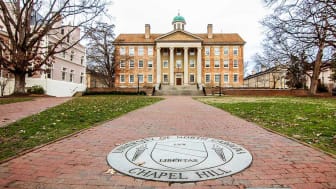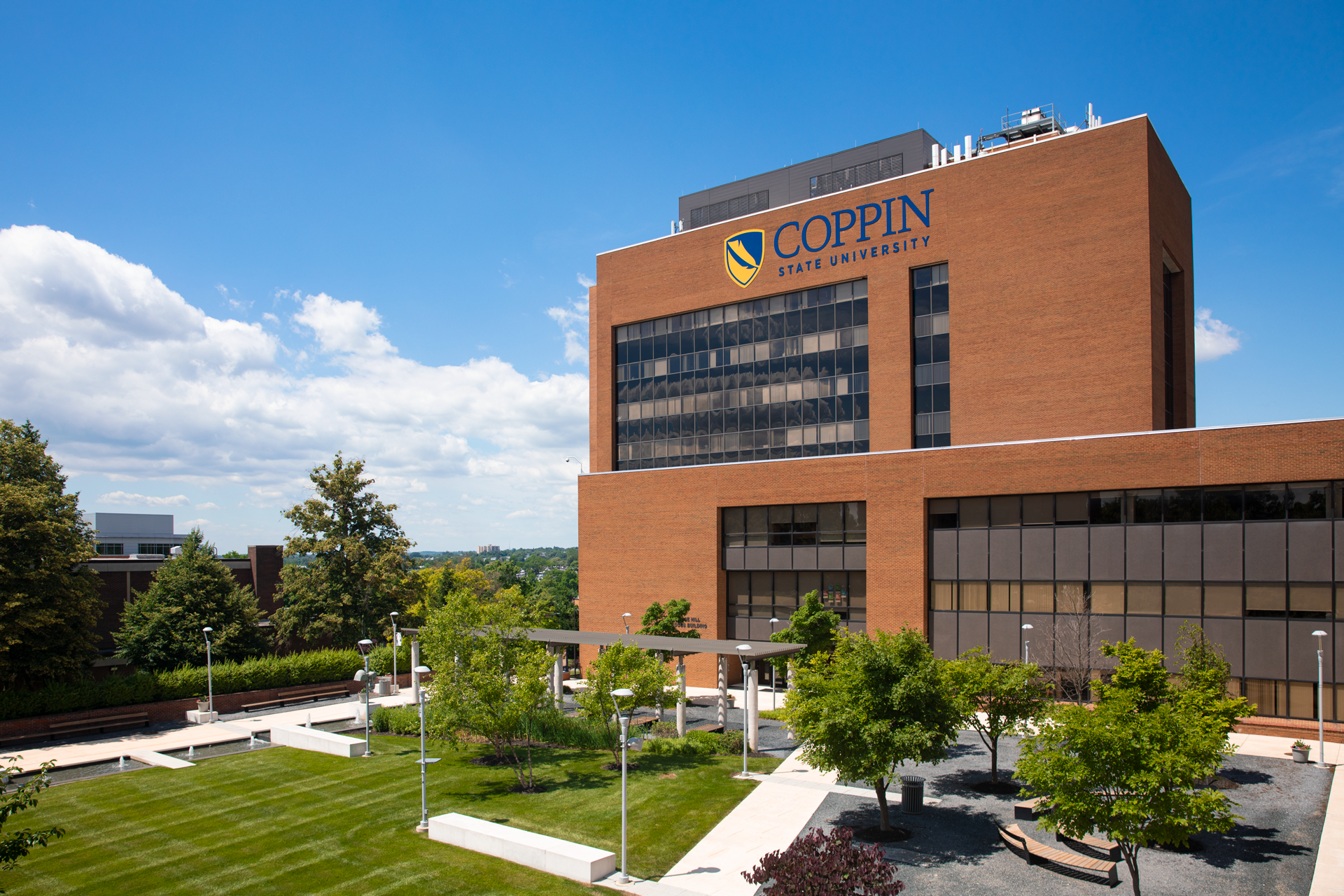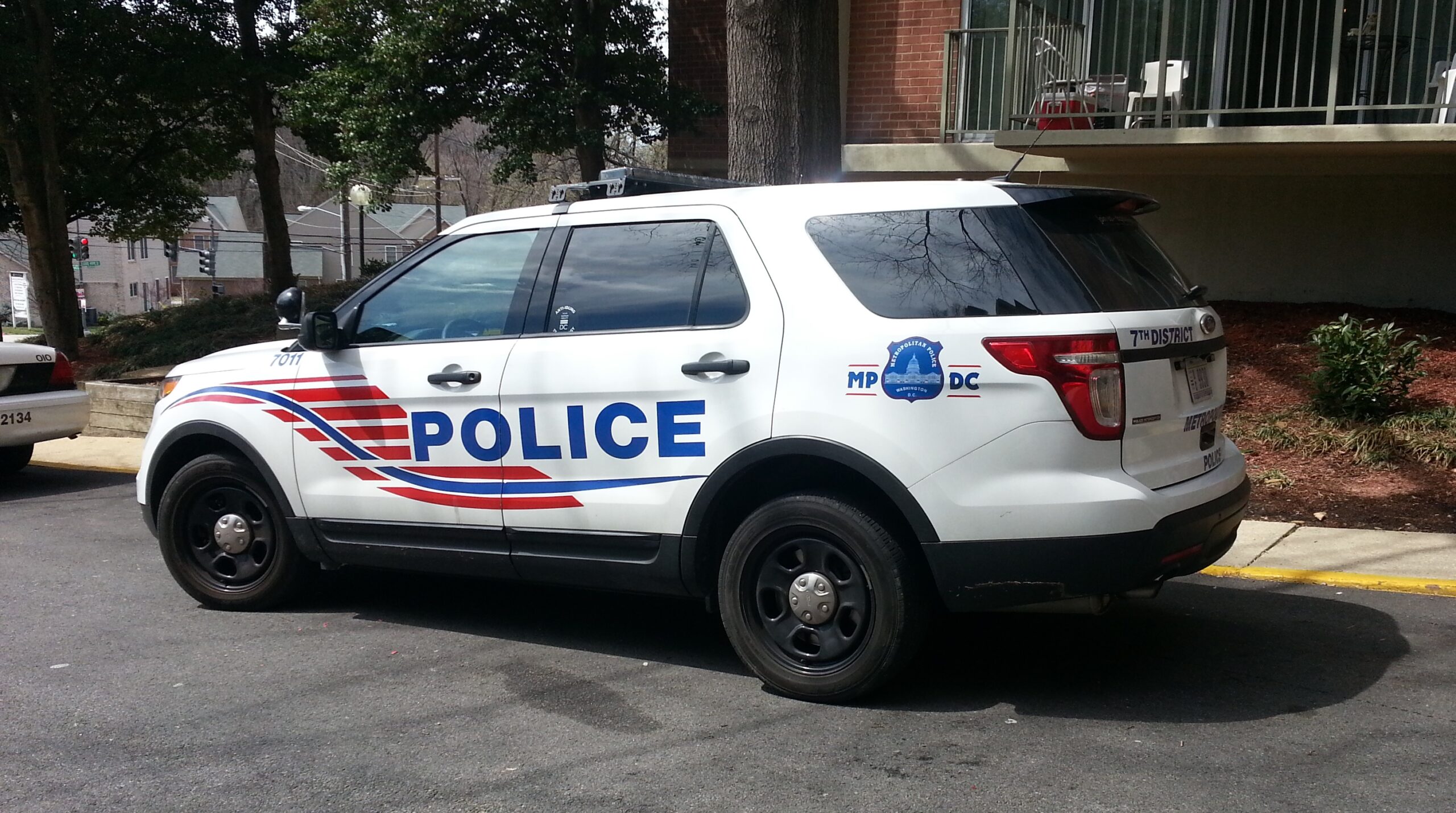
UNC-Chapel Hill to move to remote learning for undergrad courses after jump in COVID-19 cases
Starting on Wednesday, the University of North Carolina at Chapel Hill will be shifting its undergraduate, in-person classes to remote learning following a spike in the reported COVID-19 positivity rate at the school.
“Courses in our graduate, professional and health affairs schools will continue to be taught as they are, or as directed by the schools, Chancellor Kevin M. Guskiewicz and Executive Vice Chancellor/Provost Robert A. Blouin said in an Aug. 17 update to the school’s ”Carolina Together“ webpage, noting that academic advising and support services will be available online.
The university announced that said that the COVID-19 positivity rate jumped from 2.8% to 13.6% at the school’s Campus Health Center. ”As of this morning, we have tested 954 students and have 177 in isolation and 349 in quarantine, both on and off-campus. So far, we have been fortunate that most students who have tested positive have demonstrated mild symptoms.”
In the announcement, the university said that it expects the majority of current undergraduate residential students to change their residential plans for the fall semester.
“We are working with the UNC System office to identify the most effective way to further achieve de-densification of our residential halls and our campus facilities. We will, again, open the opportunity for fall 2020 residence hall cancellation requests with no penalty,” according to the announcement.
With 19,117 undergraduate students and 10,984 graduate students, UNC-Chapel Hill is the flagship school of the University of North Carolina system. The school is one of the many colleges and universities across the country trying to determine how to operate amid the ongoing pandemic.
From the dorms at North Carolina to the halls of Notre Dame, officials at universities around the U.S. scrambled on Monday to deal with new COVID-19 clusters at the start of the fall semester, some of them linked to off-campus parties and packed clubs.
At Oklahoma State in Stillwater, where a widely circulated video over the weekend showed maskless students packed into a nightclub, officials confirmed 23 coronavirus cases at an off-campus sorority house. The university placed the students living there in isolation and prohibited them from leaving.
A cluster of COVID-19 cases in a dorm was announced Sunday by the University of North Carolina at Chapel Hill. The disclosure marked the fourth such outbreak since the semester began Aug. 10 at the state’s flagship public university campus. The three others were at a dorm, private student housing, and a fraternity house.
At the University of Tennessee at Chattanooga, where some in-person classes began Monday, school, and county health officials announced over the weekend that they are trying to identify people who may been exposed to COVID-19 earlier this month from members of a fraternity and a sorority.
In Alabama, officials were frustrated by scenes of crowded entertainment districts and bars on the first weekend; many students returned to campus at the University of Alabama at Tuscaloosa. Mayor Walt Maddox warned that such behavior could put the treasured football season in danger.











